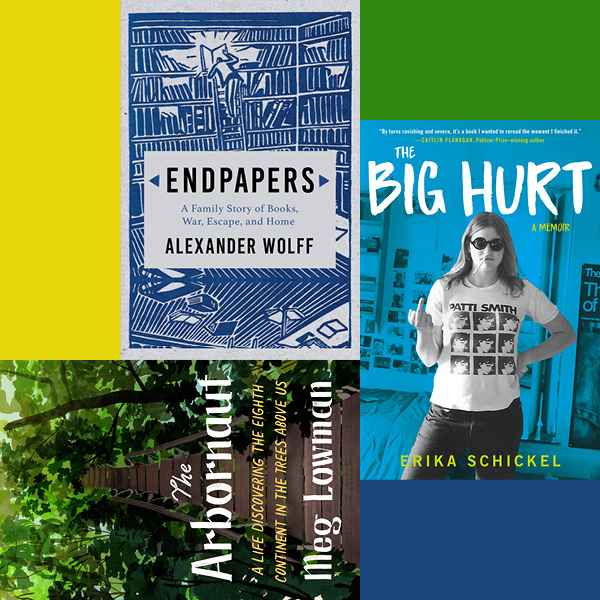For sophisticated readers of European literature after World War II, there were no more reliable guides than Kurt and Helen Wolff, the publishing team that fled Nazi Germany and founded Pantheon Books in New York. What flowed from Pantheon, and then later from their own imprint at Harcourt, was the translated work of authors who shaped America’s understanding of the world outside its borders, from Boris Pasternak to Günter Grass, from Umberto Eco to Amos Oz.
Alexander Wolff, a longtime writer at Sports Illustrated and a grandson of Kurt and Helen’s, does brilliant justice not only to their story but to the tale of his own father, who had stayed behind in Germany and served in its army. Beautifully written and empathetic to its core, Endpapers deserves the highest compliment possible: it might as well have been published under the imprint of a Kurt and Helen Wolff book.

